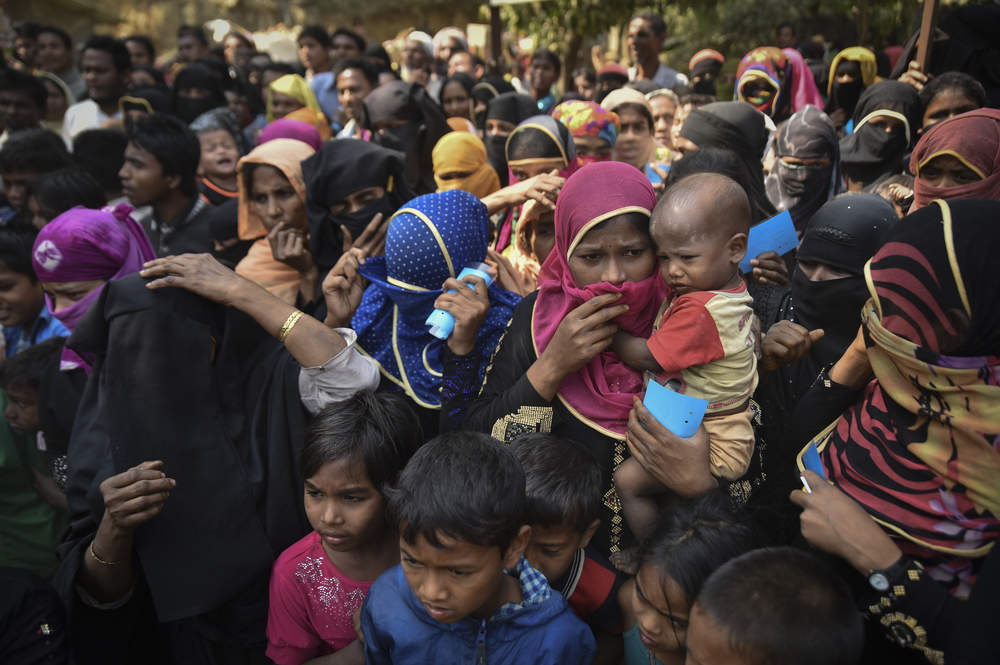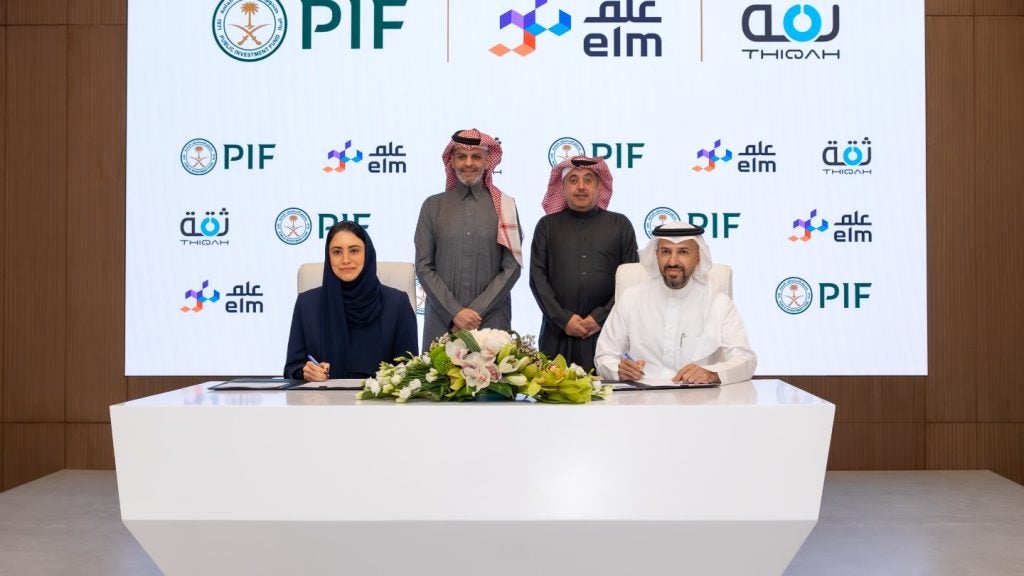
The European Union (EU) could impose targeted sanctions on top generals in Myanmar amid growing violence against Rohingya Muslims.
EU foreign ministers will be discussing the worsening conflict in Myanmar today.
In a draft statement seen by Reuters, the EU said it “will suspend invitations to the commander-in-chief of the Myanmar/Burma armed forces and other senior military officers”.
The statement confirmed support for an existing EU embargo on arms and equipment “that can be used for internal repression”.
The Myanmar military has driven more than 500,000 Rohingya Muslims to flee to neighbouring Bangladesh, in what the United Nations (UN) has denounced as ethnic cleansing.
The sanctions will be discussed by envoys from the 28 EU states on Tuesday and could be amended further.
How well do you really know your competitors?
Access the most comprehensive Company Profiles on the market, powered by GlobalData. Save hours of research. Gain competitive edge.

Thank you!
Your download email will arrive shortly
Not ready to buy yet? Download a free sample
We are confident about the unique quality of our Company Profiles. However, we want you to make the most beneficial decision for your business, so we offer a free sample that you can download by submitting the below form
By GlobalDataThe EU may consider further measures to curb the violence in Myanmar, depending on how the situation develops in the country.
In the draft statement, the EU applauded Bangladesh for taking in so many refugees from Myanmar.
Rights groups have reported that the army rape, kill and abuse Rohingya to force them out of Myanmar, where there is very limited humanitarian access.
The EU draft added that in Rakhine State, where the violence is more acute than elsewhere in the region, the situation is “extremely serious” while Kachin and Shan provinces were also “of great concern.”
The bloc urged all sides to stop engaging in violence, demanding that the military “end its operations” and protect all civilians equally.
Myanmar rejects accusations of ethnic cleansing.
Aung San Suu Kyi, the de facto leader of Myanmar and a Nobel peace laureate has faced international criticism for not doing more to stop the violence.
Suu Kyi, however, does not control the military, which still holds the reins of power under Myanmar’s army-written constitution.







